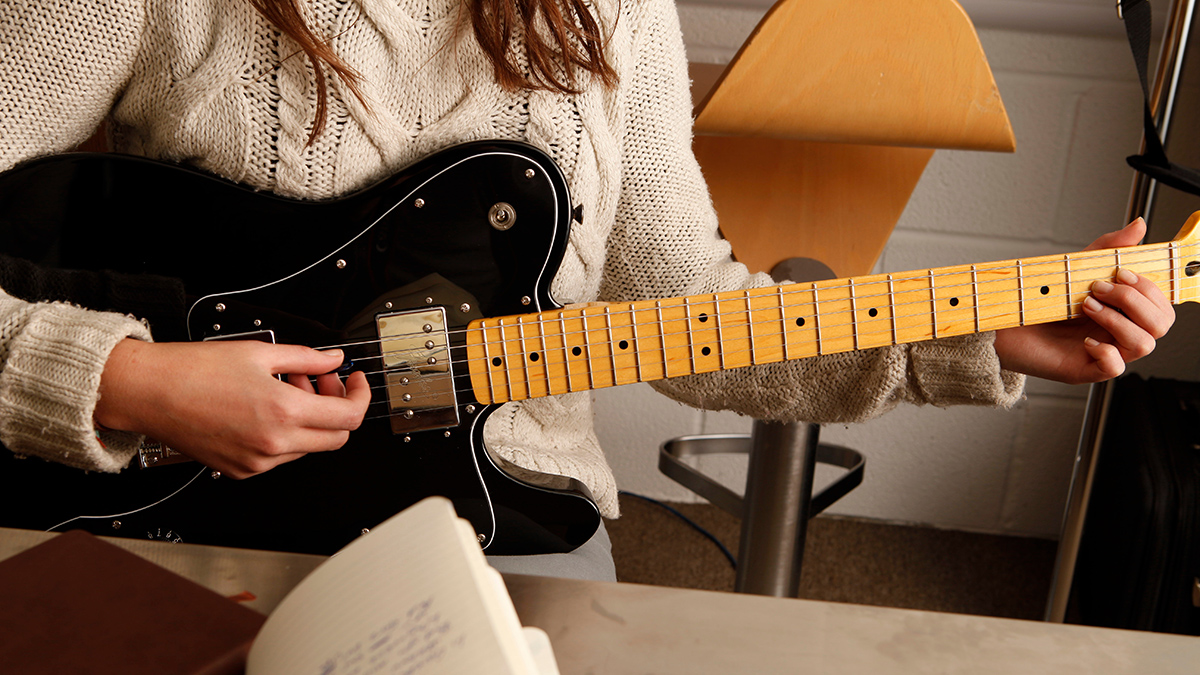"There’s still so much work to be done": A third of women working as musicians say they’ve been sexually harassed, and more than half have experienced gender discrimination
UK Musicians’ Census confirms the scale of the gender inequality problem in the music industry

The first ever UK Musicians’ Census has confirmed the scale of the gender inequality problem in the industry, with the research indicating that women are far more likely to face discrimination, harassment and barriers to career development than men.
Based on 2,526 responses from UK musicians who identify as women, the research - which was carried out by the charity Help Musicians and The Musicians’ Union - also indicates that women are paid less than their male counterparts and more likely to have their careers’ cut short, despite being educated to a higher level.
Most shockingly, around a third of women (33%) say that they’ve been sexually harassed while working as a musician, and a quarter or women (25%) say that they’ve witnessed others being harassed.
Commenting on the results of the census, Sarah Woods, Chief Executive of Help Musicians and Music Minds Matter, said: “The findings of the latest Census report show there’s still so much work to be done to make sure that working as a musician is equitable for all. We hope these insights will encourage the industry to continue collaborating to reduce gender-based barriers and ensure gender equity in every part of music.”
More than half of the women surveyed (51%) confirm that they’ve experienced gender discrimination while working as a musician, which is in stark contrast to the 6% of men who say that they’ve suffered the same treatment.
The impact of this is reflected in the fact that 62% of women see work-related abuse or harassment as a career barrier, and that 60% of those who believe that discrimination is a barrier to career development are women.
There are also financial implications: the average income for a female was found to be £19,850, while the average man earns £21,750. Of those who earn more than £70,000 a year from music, meanwhile, only 19% are women. This is despite the fact that 14% more women have a music degree than men, and 15% have a postgraduate music qualification.
Want all the hottest music and gear news, reviews, deals, features and more, direct to your inbox? Sign up here.
Career longevity is also a problem: while 47% of working musicians aged between 16 to 55 are women, this figure drops to 26% over the age of 54. 29% of women state that family caring commitments are a barrier to their careers.
The survey also confirms that there are far fewer women than men in technical roles within the music industry. Only 15% of live sound engineers and 12% of studio/mastering engineers are women, and less than a quarter of producers (24%) and only 29% of DJs.
Naomi Pohl, Musicians’ Union General Secretary, notes: “The Census findings, set out in this report, illustrate the many discriminatory practices and behaviours still holding women back in their musical careers. We have long advocated for better pay gap reporting, and hope the Census findings will encourage the industry to take action, be more transparent and make change.”
You can read the full report on the Musicians’ Census website.

I’m the Deputy Editor of MusicRadar, having worked on the site since its launch in 2007. I previously spent eight years working on our sister magazine, Computer Music. I’ve been playing the piano, gigging in bands and failing to finish tracks at home for more than 30 years, 24 of which I’ve also spent writing about music and the ever-changing technology used to make it.